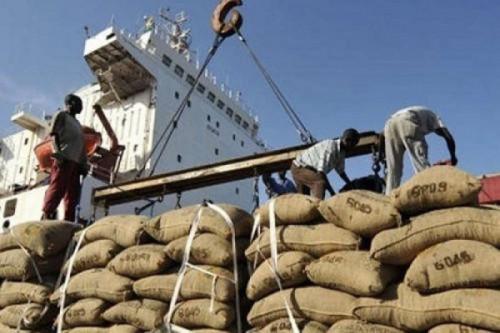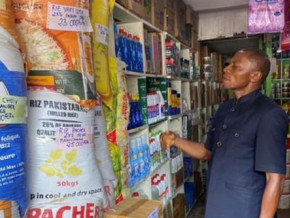
Cameroon: A new phytosanitary regulation disrupts Cocoa and coffee exports

(Business in Cameroon) - In Cameroon, cocoa and coffee exports have been blocked since the entry into force of “the joint order No. 00022/Minader/Minfi of 4 April 2019 setting the costs of health inspection and certifications as well as the modalities of management of income from these operations." This is disclosed in a letter sent on April 23, 2020, by the local association of cocoa and coffee exporters GEX, through its permanent secretary Jean Dikoume, to the Minister in charge of Agriculture (Minader).
"The impacts of this new procedure are currently very detrimental to the cocoa and coffee sectors in our country [Cameroon]. For some time now, we have been receiving complaints from our members about the significant delays in processing their files at the phytosanitary police station in the port of Douala and the major difficulties in coping with the sharp increase in inspection and phytosanitary certification fees. Because of this situation, cocoa and coffee exports are now at a standstill at the port of Douala," the GEX explains.
According to the GEX, the time required for administrative processing, which already represented on average 70% of the time needed to complete phytosanitary formalities (about 30% for actual processing), has increased considerably. The reason is that collection operations backed by treasury receipts are now carried out before the proper checks and the stage receipts in the files are verified for the documents to be signed.
For the increase in inspection costs, GEX explained that since the entry into force of that order on April 1, 2020, for the exportation of a 20-foot 25-tonne cocoa container, the overall cost of phytosanitary inspection and certification has increased to XAF100,500, i.e from 87% to 175% in relative terms. Also, the order institutes new operations, such as the inspection of empty containers and their fumigation, whose costs will be borne by the exporter.
The GEX further indicates that the congestion caused by this order impacts the quality of the products. Exporters need to respect international contractual commitments, the costly management of counterparty risks, and the repatriation of funds.
"Given the seriousness of the exposed situation, we request your involvement in this matter to urgently provide an appropriate response. We would be particularly grateful for any instructions you may wish to give with a view to (...) suspending the collection of phytosanitary inspection and certification fees for the cocoa and coffee sectors," the association continues.
The Minader has not yet officially responded to this complaint but credible sources indicate that he received the note on April 24.
Sylvain Andzongo
Mags frontpage
- Most read 7 days
- shared 1 month
- read 1 month






























